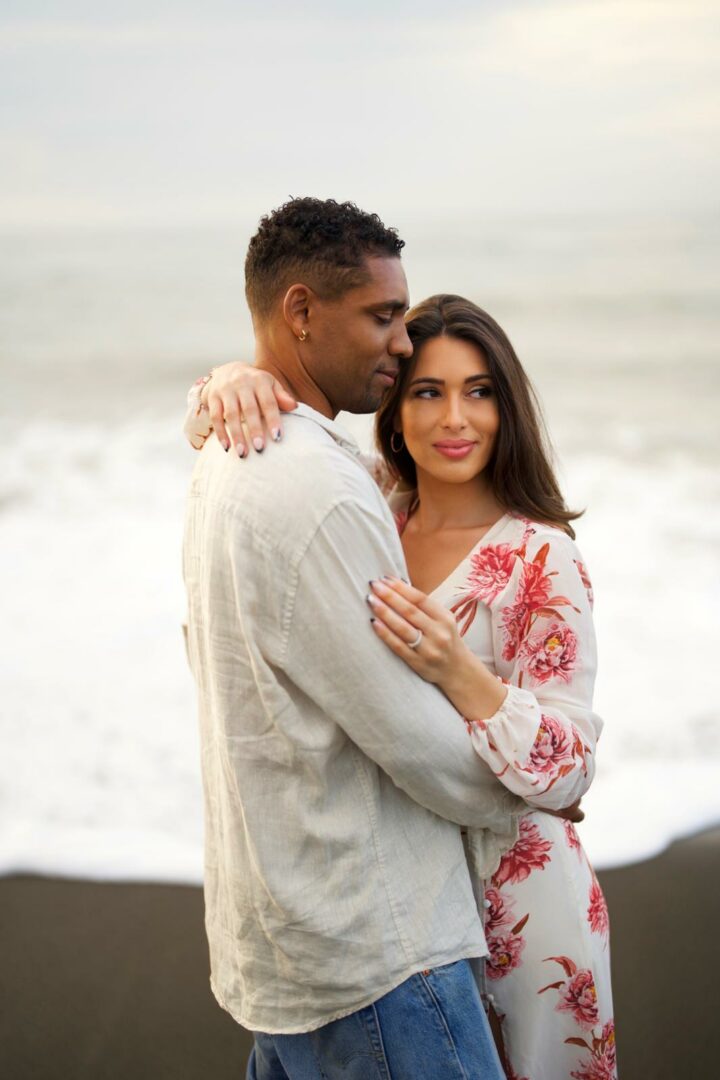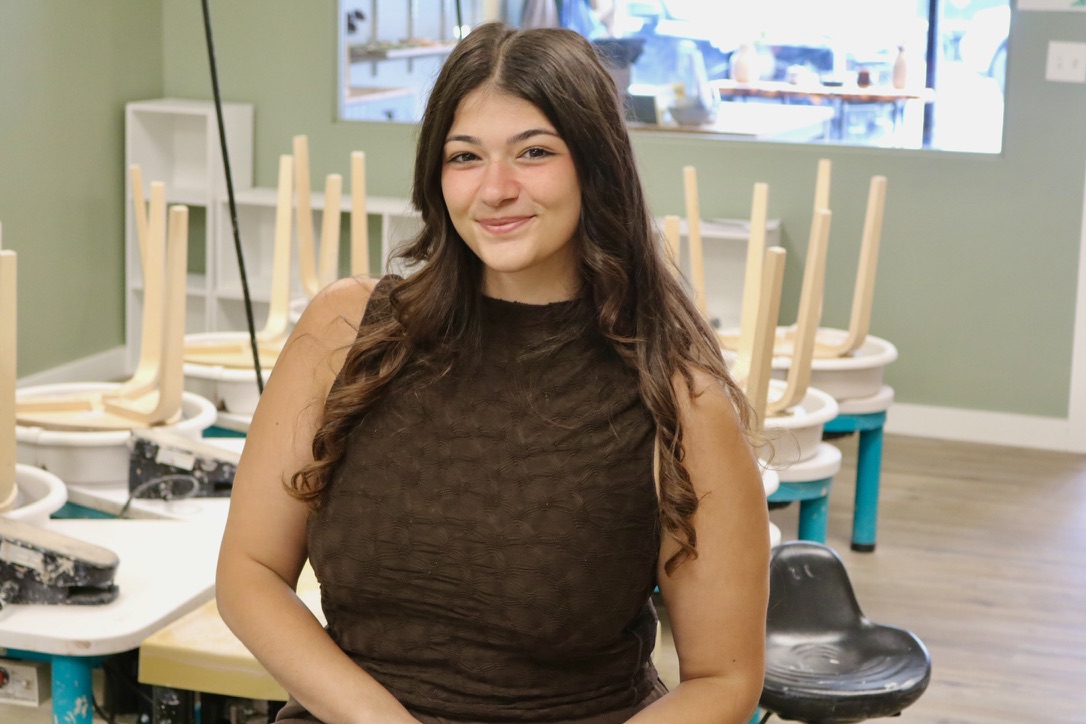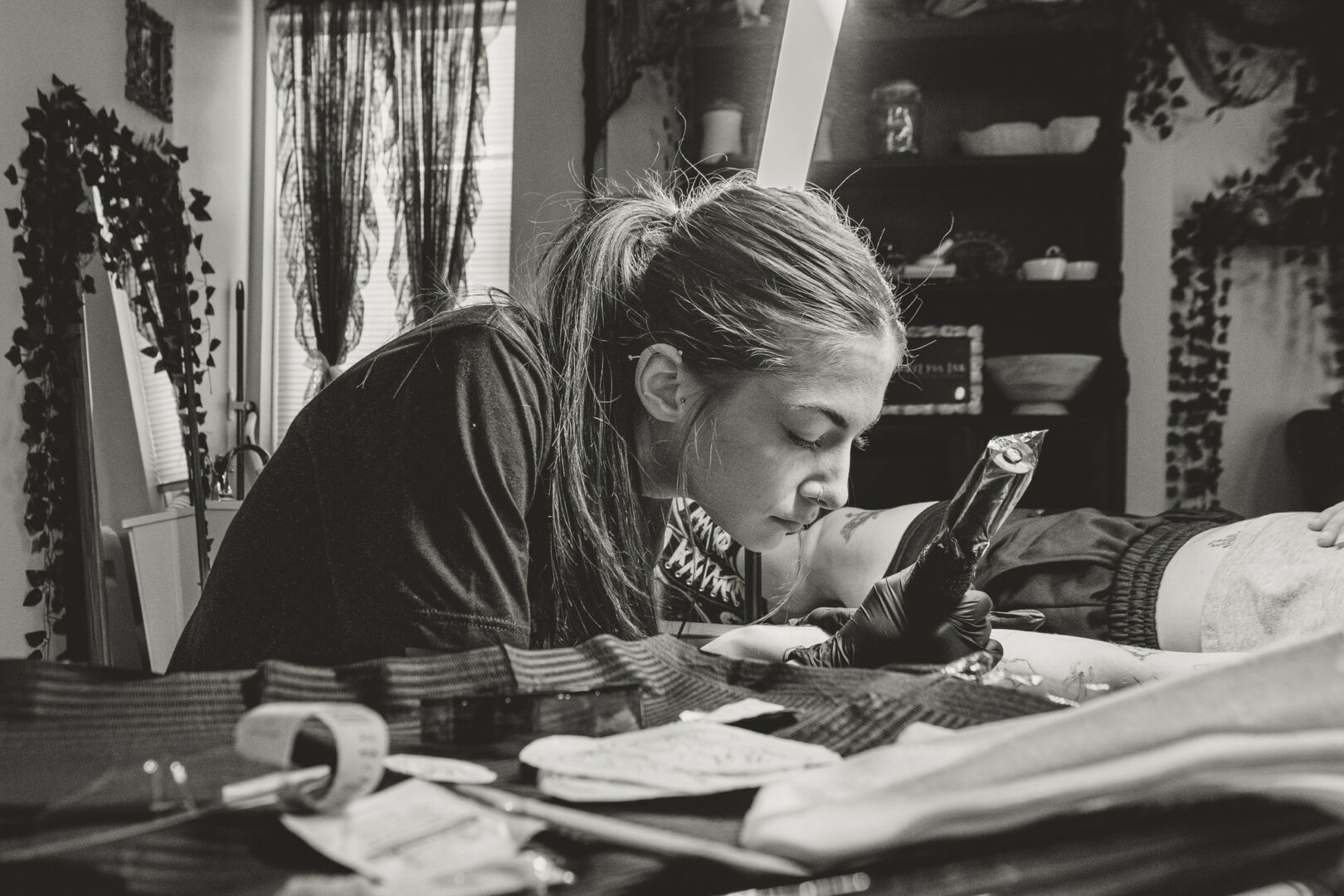Alright – so today we’ve got the honor of introducing you to Caroline Mariko Stucky. We think you’ll enjoy our conversation, we’ve shared it below.
Caroline Mariko, so good to have you with us today. We’ve got so much planned, so let’s jump right into it. We live in such a diverse world, and in many ways the world is getting better and more understanding but it’s far from perfect. There are so many times where folks find themselves in rooms or situations where they are the only ones that look like them – that might mean being the only woman of color in the room or the only person who grew up in a certain environment etc. Can you talk to us about how you’ve managed to thrive even in situations where you were the only one in the room?
This question caught my attention because I am often the only one in the room that looks like me. I spent many years trying to figure out my identity because I am half-Swiss, half-Japanese and wherever I was, I didn’t fit in. In my adult life, being a mixed non-binary immigrant in an industry that is dominated by white cis men, it was challenging to prove myself but I worked hard and some people noticed me. I made a lot of diverse friends and at the end of the day, your vibe attracts your tribe. I became close to people who have the same values as me, no matter their background and that is really beautiful. So I learned to surround myself with people who are like-minded and let go of trying to please everyone.
Great, so let’s take a few minutes and cover your story. What should folks know about you and what you do?
From age 10 to 18, I was a serious competitive swimmer in Switzerland. My life revolved around training and competitions. So much that I went to a “special” high school where high level athletes and musicians could study in the morning and had the whole afternoon, Monday to Friday to practice their discipline. When I quit swimming, I had a lot of time on my hands. I had won a camcorder at an MTV competition and started making short films. I remember the joy I felt when I sat my entire family at the TV and showed them what I made. It felt as if it was the first time, I was understood by them. So film, the world of the image, became the ultimate language that trumped the whirling kaleidoscope of spoken languages of my childhood.
Before I enrolled in college, I worked at the 2005 Universal Expo in Aichi, Japan. I was personal assistant to Michinori Ooba, the Japanese Technical Coordinator, for a piece by Robert Wilson called “In the Evening at Koi Pond.” I had a fantastic time working with an international crew and for such an extraordinary artist, while learning a little more about my Japanese roots. Not sure what I was going to do next, I enrolled at the UNIL (Université de Lausanne, in my home town in Switzerland) to study History of Cinema, but after a semester, I missed my life working as a part of that crew in Japan, and all I wanted to do was to go back into the field to make art instead of study it. So I started an 18-month internship at Cinegate Hamburg in Germany to learn the tools of the trade. It was very intensive, but I was able to use any equipment I wanted and practice 16mm and 35mm film loading, which allowed me to work on the sets of features, commercials and thesis films for the HMS (Hamburg Media School), a prestigious film school.
After my internship was over, I wanted to indulge my interest in American culture, so I came to New York and fell deeply in love with it. The only way for me to stay here was to go to school, so I enrolled at the New York Film Academy. Coming from a very technical background, I wanted to learn more about the creative side of filmmaking. First I studied filmmaking (or direction) and then I picked the subject farthest from my experience; screenwriting.
I think this far-reaching trip through a diverse set of skills made everything a lot easier for me—I write with a strong realistic sense of how the film could be shot, and when I am directing I have a deep technical understanding of what is possible. I’m very grateful that I came to the whole thing in this roundabout way!
Regarding my work, I noticed that a large part of the stories I am most interested in telling have to do with identity. I think growing up identifying at least in part as Japanese in Switzerland is unavoidably part of that, as is working in Japan as an adult who didn’t grow up there. And then there is the layer of being perceived as a complete foreigner, but also developing a sense of new cultural ownership that has been added as I lived and worked in Germany, and now in the US.
My parents actually met in Berkeley, California, and it is possible that some deep nostalgia for America influenced my path as well. I was enchanted by Hollywood cinema as a child, and by everything American; diners, hot dogs, hamburgers, Disneyland, musical theatre. By virtue of living here, I do find that I am telling American stories (that are also universally relevant, and often deeply linked to mine through metaphor) in all my films right now, and I love it!
Looking back, what do you think were the three qualities, skills, or areas of knowledge that were most impactful in your journey? What advice do you have for folks who are early in their journey in terms of how they can best develop or improve on these?
Show up early and leave last, flexibility and be kind, always. The film industry is very competitive and there are a lot of talented people out there. You need to stand out with your work ethic, flexibility because things can be unpredictable and you need to be adaptable to any situations that come your way and be kind to everyone. It’s rough to be on set for many hours (usually between 10-14 hours) and with a lot of moving parts so be kind and respectful to everyone on set. If you have their back, they’ll have your back and everything becomes easier and fun.
Awesome, really appreciate you opening up with us today and before we close maybe you can share a book recommendation with us. Has there been a book that’s been impactful in your growth and development?
The first book that comes to my mind is “The Subtle Art of Not Giving a F*ck” by Mark Manson. I used to be anxious about a lot of things and it became unbearable. A colleague of mine mentioned the book and it was truly life-changing. Some of the things I learned are to choose what really matters and focus on solving one problem at a time. Not everything deserves your attention. You have to be more selective and let go of things that are out of your control. Another important lesson is to find meaning in struggle. Instead of seeking constant happiness, embrace the struggles and challenges that come with pursuing meaningful goals. Growth often comes from adversity.
Contact Info:
- Website: www.carolinemarikostucky.com
- Instagram: @carolinemarikofilms
- Linkedin: Caroline Mariko Stucky
- Twitter: @carolinemariko
- Youtube: https://www.youtube.com/@CinemaSelect
- Other: Vimeo: https://vimeo.com/carolinemarikofilms





Image Credits
I named the files with the credits.




